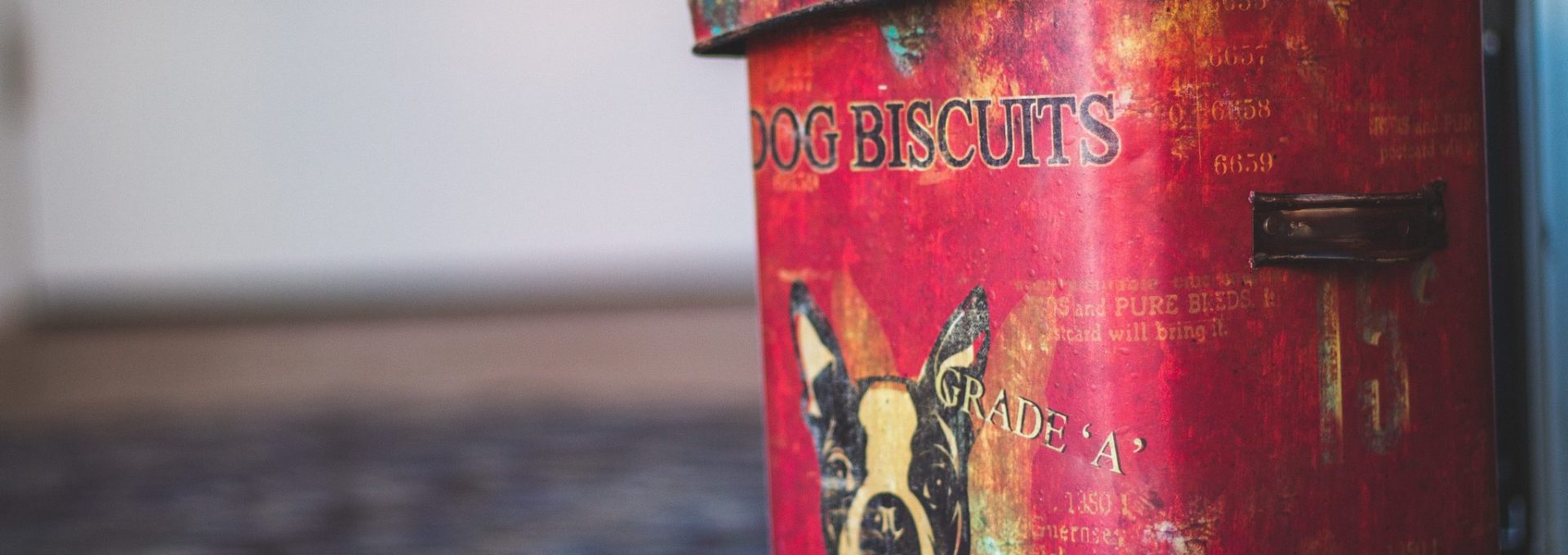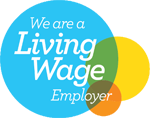
Starting your plastic-free journey can be a daunting and sometimes overwhelming experience, so we’ve put together some top tips of where you can start reducing single-use plastics in your home.
Remember, you don’t have to do everything once. Take each day as it comes and look for alternatives as and when you need them.
Also, you can check out our guides to plastic free shopping for food and drink, health and beauty, pets and household and homeware items in Frome.
Plastic free bathroom
Switch to a bamboo toothbrush, zero waste floss, plastic free deodorant and recycled toilet roll in paper packaging. Also swap your liquid shampoo and soap for bars. You can even buy Henna bars and powder to dye your hair. If you prefer to stick to liquids you can get refills for hand wash, shampoo and conditioner at Frome Wholefoods and Denude. And next time your razor needs replacing, look at good old fashioned safety razors – not only plastic free but a closer shave.
Plastic free periods
There are lots of options available including leak resistant period pants from Modibodi and WUKA, menstrual cups such as Mooncup which you can buy at Frome Wholefoods along with organic cotton tampons, sanitary towels and panty liners. Another option is reusable pads. EarthwiseGirls sell a range of brands, some of which are handmade in the UK. Denude on Bath Street also stocks plastic free sanitary products.
Plastic free laundry
Many of our clothes contain plastics. Try switching to natural fabrics and for the ones you already have use an anti-micro plastic wash bag to catch the escapee plastics during your wash cycle. Check out Guppy Friend to see how it works. Refill laundry detergent and fabric softener at Frome Wholefoods and Denude.
Plastic free cleaning
Making your own cleaning products couldn’t be simpler. Here’s a basic list of products and how they can help around the home: Baking Soda – cleans, deodorizes, softens water and scours; Corn Starch – cleans windows, carpets and polishes furniture; Lemon Juice – antibacterial; White Vinegar – cuts grease and removes mildew, odours, stains and built up wax; Vegetable/Olive Oil – polishes wood; Alcohol – disinfectant (vodka removes odour)
Plastic free kitchen
Try switching to stainless steel or glass containers for food storage. A Tiffin is a great way to carry around your lunches and means you can store a number of goods in one handy package. Move away from cling film. Tin foil is an alternative, but although it’s recyclable it still takes energy and resources to make. You can buy or try making your own beeswax cloths to wrap food in. Also think about avoiding non-stick pans as they’re coated in PTFE.
Frozen food
Frozen food often comes in plastic packaging, try to avoid these and look for ones that come in cardboard. If you do buy something in a bag, make sure you reuse or recycle it. Some farm shops also have scoop sections for popular frozen produce such as peas, berries and chips, where you can take your own bag.
Plastic free tea
Although many tea brands are changing their ways, currently only a handful of teabags are fully compostable and plastic free. Plastic-free teas include: Clipper, Tea Pigs, Pukka and PG Tips, but do check packaging/brand websites for more information. Alternatively, try buying loose tea.
Water filter free
Filtering water can be just as wasteful as buying it in plastic bottles. Thankfully water in the UK is safe to drink, filters which have to be regularly changed are an environmentally costly luxury. If you need to purify water try charcoal tablets instead, it naturally absorbs toxins.
Plastic free pets
Instead of buying plastic food pouches, consider using tins or dry food sold in cardboard boxes. Alternatively you can ask the butcher for scraps and take your own container. You can also buy loose pet treats, food and necessities at Moore & Sons seed merchants on Christchurch Street West. Not Just Pets in Kings Street (also online) sells natural cat litter and you can get dog shampoo refills and treats from Winston James Woof in St Catherine’s. Check out our Pets page for more information.
Plastic free washing up
Need some new washing up gloves? Try natural rubber latex. You can even cut them up and add them to your compost bin when you’re done. Switch to a wooden dish brush (which have replaceable heads) and natural fibre dish cloths and refill your washing up liquid at Frome Wholefoods or Denude.
Plastic free parties
Parties, especially for little ones, can create a huge amount of waste including disposable tableware, decorations and games such as pass the parcel. Consider hiring a party kit of reusable items instead from local business Frome Eco Party. If you live further afield, you can search for your nearest party kit on the Party Kit Network.
Cut down bin bags
Use compostable bin bags and newspaper for your compost and food recycling. Try and reduce your use of plastic bags around the house, using old shopping bags and emptying the contents into the main bin when full and reusing the bag. Only put bins out that are fully packed.
Avoid disposable pens
Think about switching to a refillable fountain pen or even just the trusty wooden pencil. Resist the temptation to purchase a new set of pens at the start of the school or work year, try to use up the pens you already have.
Use second hand or borrow
If you need an item for a one off use it’s probably worth borrowing or buying second hand. Frome’s SHARE has a growing list of items available to hire, from camping equipment, to bubble machines. Frome also has a good selection of charity shops to support.
Reuse, repair and re-purpose
Reducing your plastic footprint doesn’t mean you have to buy lots of new stuff. It’s not about a cupboard that looks good but one that does good. If you no longer need items, consider donating them to charity or SHARE.
Computers, laptops and iPads can be taken to: geekingITsimple, Frome PC Repairs or NTS Computing. Or you can try your hand at mending items for yourself. From electrics to bicycles, Repair@Share can help – they host repair cafes – if you would like to volunteer as a fixer you can contact them via their website.
Remember, sending broken or damaged goods to charity costs them time and money. Instead, send useless items to Frome Household Recycling Centre.

